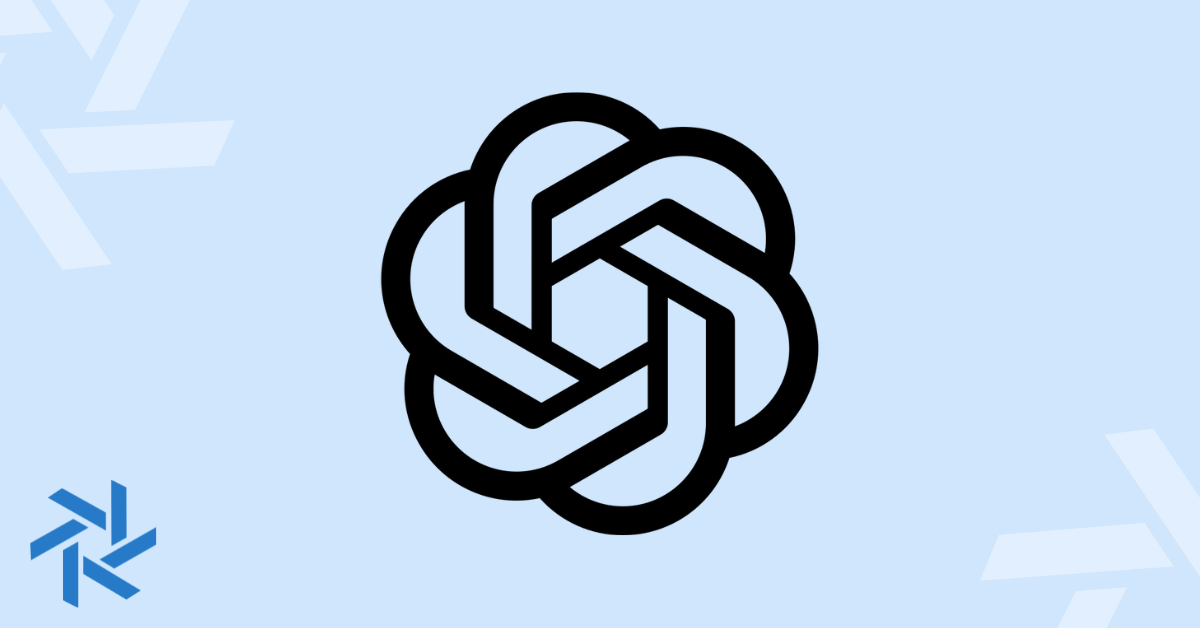How to Get a Job in AI without a Degree in 2024

Look, there's no denying that Artificial Intelligence (AI) is rapidly changing the world in which we live in. With these changes come exciting new career opportunities for those equipped with the right skills, even for those without a traditional degree from a college or university.
Many might assume that landing a job in AI requires a computer science degree from a top college or university. But that's not necessarily the case.
The field of AI is increasingly recognizing the value of hands-on skills.
This blog post will guide you through the steps you can take to get a job in AI without a degree. We'll explore how to build the necessary skills, go through the application process, and uncover the different career paths available within AI.
Can I Get a Job in AI without a Degree?
Yes, it's possible to get a job in AI without a degree. While a degree in computer science or a related field can provide a strong foundation in AI concepts and theory, it's not always a mandatory requirement.
Having a degree can help you get your foot in the door, especially for entry-level positions.
However, in the long run, hands-on experience and a demonstrably strong skillset will carry more weight with many employers.
This shift in hiring practices opens the door for dedicated self-learners, tech enthusiasts, and professionals transitioning from other industries to make their entry in AI.
By building a portfolio of projects, contributing to open-source initiatives, and continuously expanding your skillset through online courses and certifications, you can prove your capabilities and stand out in the competitive AI job market.
So if you can get a job in AI without holding a degree, what are the skills needed to get a job in this field?
What Skills are Needed to Get a Job in AI?
AI is a vast field that blends computer science with robust datasets to enable machines to make decisions, learn from outcomes, and improve over time.
Here's a breakdown of the essential skills needed for a job in AI:
Programming Knowledge
At the heart of AI lies programming.
Familiarity with programming languages such as Python, Java, or R is crucial.
Think of programming languages as the tools you use to instruct computers on what actions to perform.
Python, in particular, is highly favoured in the AI community for its simplicity and the extensive support it offers through libraries and frameworks, making it easier to develop AI models.
If you want to learn Python or just want to brush up on this programming language, there are plenty of online resources that you can use. (but more on how to build these skills later)
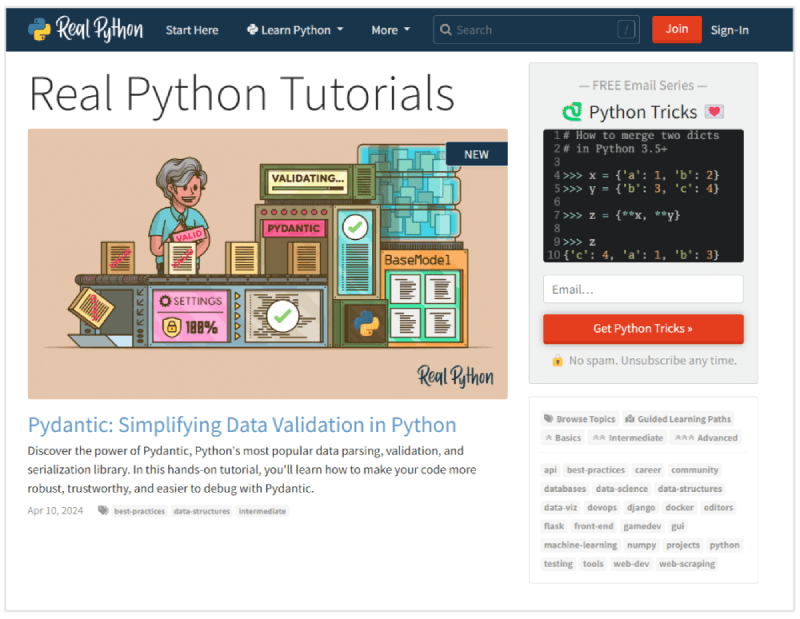
Knowledge of Machine Learning and Neural Networks
Machine learning, a subset of AI, focuses on enabling machines to learn from data and improve over time without being explicitly programmed for every task.
Neural networks, inspired by the human brain's structure, are crucial in processing complex patterns in data.
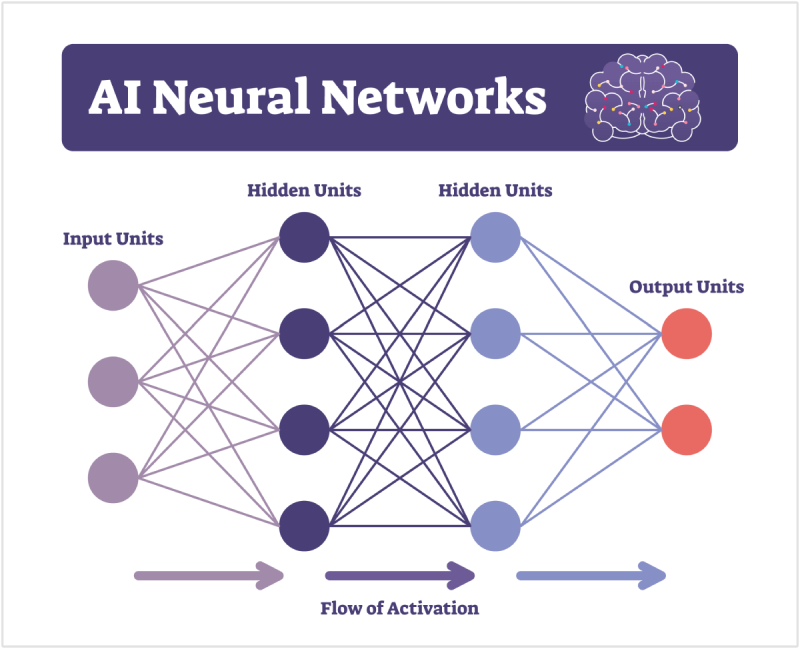
Understanding these areas will equip you with the skills to create intelligent systems that can recognize speech, translate languages, or even drive a car autonomously.
Data Analytics Skills
AI is all about data. You'll need to be comfortable working with large datasets, cleaning and organizing them, and using statistical techniques to uncover patterns and trends.
This information is what AI systems "learn" from to make predictions or decisions.
Problem-Solving and Critical Thinking
AI is about solving problems in innovative ways. Being able to approach challenges with a critical mind and come up with efficient solutions is a skill that transcends technical knowledge.
It involves thinking several steps ahead and considering the broader impact of the AI solutions you're developing.
Soft Skills
Even in a field as technical as AI, soft skills matter.
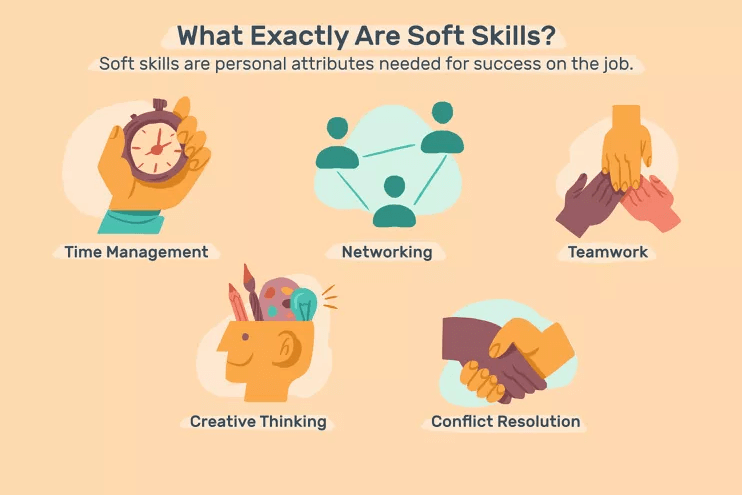
Communication, teamwork, and adaptability are key. You'll often need to work as part of a team, explain complex concepts in simpler terms, and adapt to new tools or methodologies as they emerge.
Now that you have a better idea of the skills required to get a degree in AI, let's go into further detail on how to actually get a job in this field.
How to Get a Job in AI without a Degree?
Get Training
The first step to getting a job in AI without a degree is to acquire the necessary training. Luckily in today's digital era, there are myriad resources available at your fingertips that can provide you with the knowledge and skills required to excel in the field of AI.
Here are several key avenues through which you can gain AI-relevant training:
- Online Courses: Platforms like Coursera, edX, and Udacity offer comprehensive courses in AI, machine learning, data science, and programming, taught by experts from prestigious universities and leading tech companies. These courses often include hands-on projects that help solidify your understanding and build your portfolio.
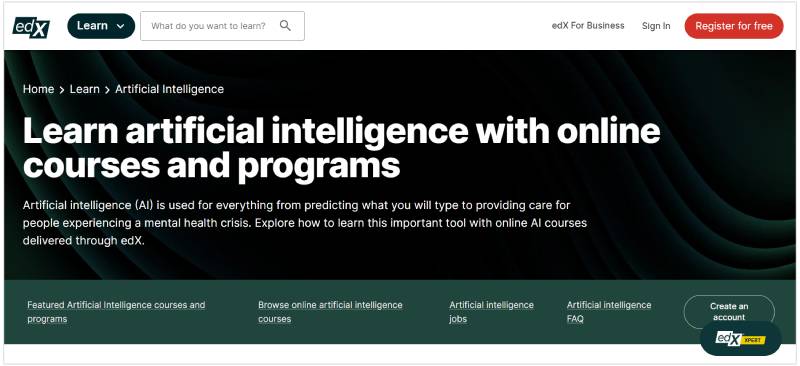
- Specialized Bootcamps: Bootcamps are intensive, short-term training programs that focus on practical, job-ready skills. Many bootcamps are specifically designed for fields like data science and AI, offering a fast track to gaining the competencies needed for entry-level positions.
- Technical Books and eBooks: There's a wealth of written material available covering AI and machine learning concepts, from introductory texts to advanced studies. Books like "Artificial Intelligence: A Modern Approach" and "Python Machine Learning" serve as excellent resources for self-study.
- MOOCs (Massive Open Online Courses): Many reputable institutions provide MOOCs free of charge. These courses allow you to learn at your own pace and often include lectures, readings, and quizzes similar to what you would find in a university course.
- Online Tutorials and Forums: Websites such as GitHub, Stack Overflow, and Medium host a plethora of tutorials, code snippets, and discussions on AI topics. Engaging with these communities not only aids in learning but also helps in staying updated with the latest trends and technologies.
- Project-Based Learning: Working on personal projects related to AI or contributing to open-source AI projects can be incredibly beneficial. It allows you to apply what you've learned in a practical setting, which is highly valued by employers.
Build In-Demand Skills
Once you've embarked on your training journey, the next crucial step is to refine your skill set by focusing on in-demand skills specific to certain AI specialties.
Unlike the foundational training covered in the first step, building in-demand skills involves a deeper exploration into specialized areas of AI, such as computer vision, natural language processing (NLP), or machine learning (ML).
Each of these fields requires a unique set of skills and knowledge that goes beyond the basics.
To identify which skills are most sought after in your area of interest, utilizing job boards tailored to AI positions, such as AI Jobs, can be incredibly insightful.
This site lists current job openings, but also provides detailed descriptions of the qualifications and skills that top companies are looking for in candidates.
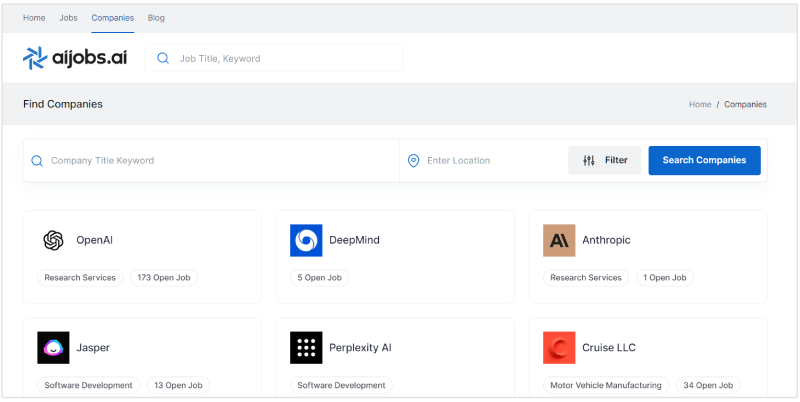
Apply for a Job
Once you've built up some skills and gone through the right training, you're ready to take the next step: applying for a job.
The good news is that the AI industry is booming with hundreds, if not thousands of open job positions.
Platforms like AI Jobs act as a fantastic resource for your job search journey. Here, you can leverage our powerful search feature to find positions in your location, experience level, and your chosen AI specialization.
AI Career Paths
From shaping the future of healthcare to revolutionizing the way we interact with technology daily, AI careers offer the chance to make significant contributions across various sectors.
Here are some compelling AI career paths, including interesting, non-traditional roles:
AI Ethicist
AI ethicists work to ensure that AI systems are developed and deployed in a manner that respects privacy, fairness, and accountability, bridging the gap between technology and ethical standards.
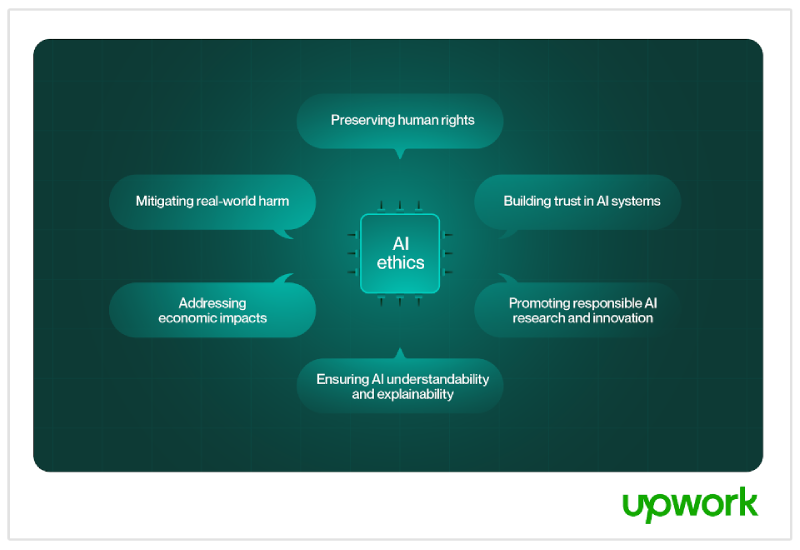
AI Policy Advisor
AI policy advisors analyse the implications of AI technologies and craft recommendations that guide the responsible use of AI in society.
Machine Learning Artist
This role demonstrates how AI can extend beyond analytical tasks to inspire and innovate within the creative industries.
AI Healthcare Consultant
AI healthcare consultants work with medical professionals and organizations to implement AI solutions that advance health outcomes and operational efficiency.
Robotics Engineer
This career path combines AI with mechanical and electrical engineering to create intelligent machines.
AI Product Manager
This role involves overseeing the development of AI-based products, from conceptualization to launch. AI product managers need a solid understanding of both AI technology and market needs, ensuring that products deliver real value to users.
Conversational Interface Designer
With the rise of chatbots and virtual assistants, creating interfaces that enable natural and effective communication between humans and machines has become a unique career path. Conversational interface designers focus on language, user experience, and psychology to develop engaging AI-powered conversational agents.
AI in Sustainability
Leveraging AI for environmental sustainability is a rapidly growing field.
Professionals in this area apply AI technologies to address challenges such as climate change, conservation, and resource management, demonstrating the potential of AI to contribute to a more sustainable future.
Conclusion
While a degree can be a benefit, it's not a barrier to entry in the field of artificial intelligence.
A career in AI is accessible to those who are willing to invest time in learning and specialize in areas of high demand.
The key is to stay engaged, continuously build upon your skills, and remain open to the myriad possibilities that AI presents. With dedication and the right approach, anyone passionate about AI can forge a rewarding career path in this dynamic and impactful field.



